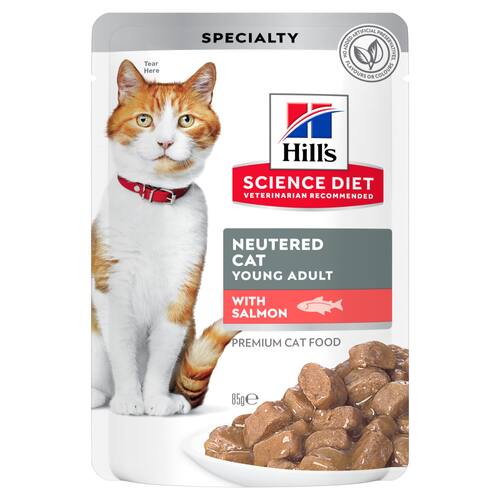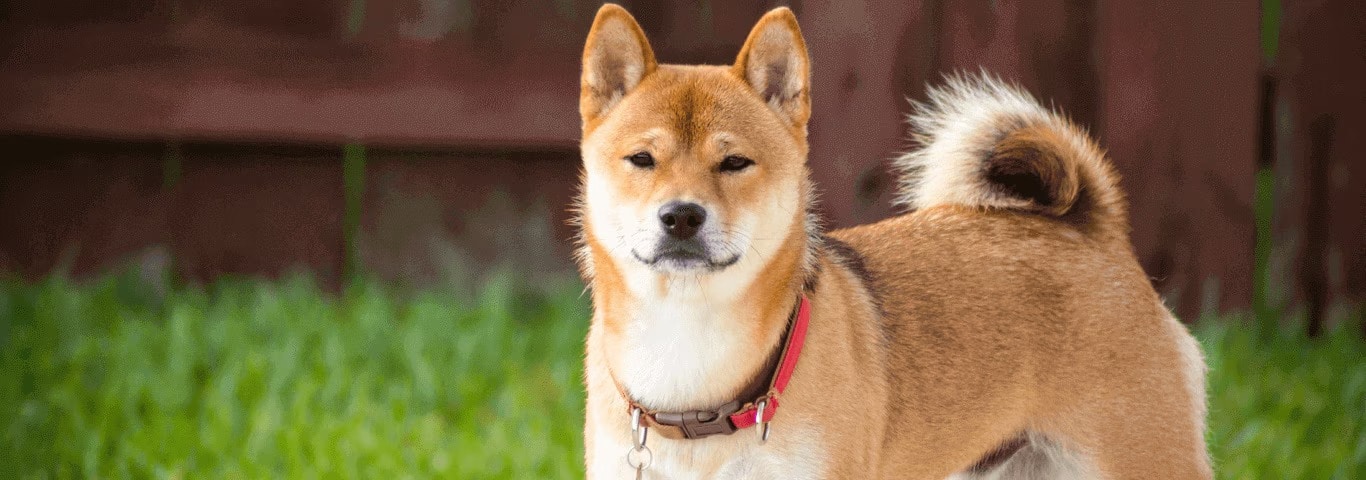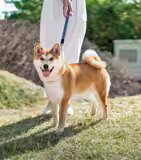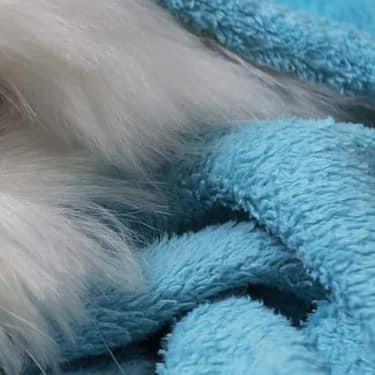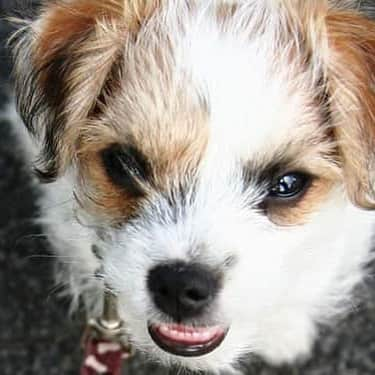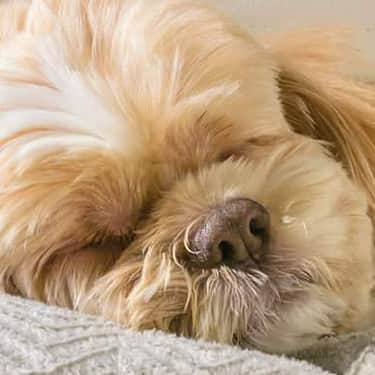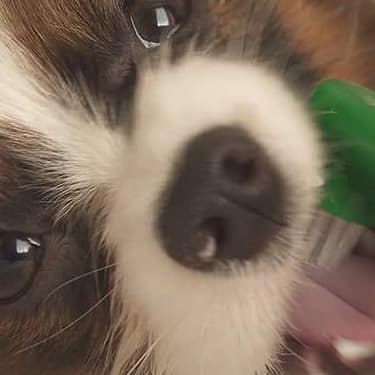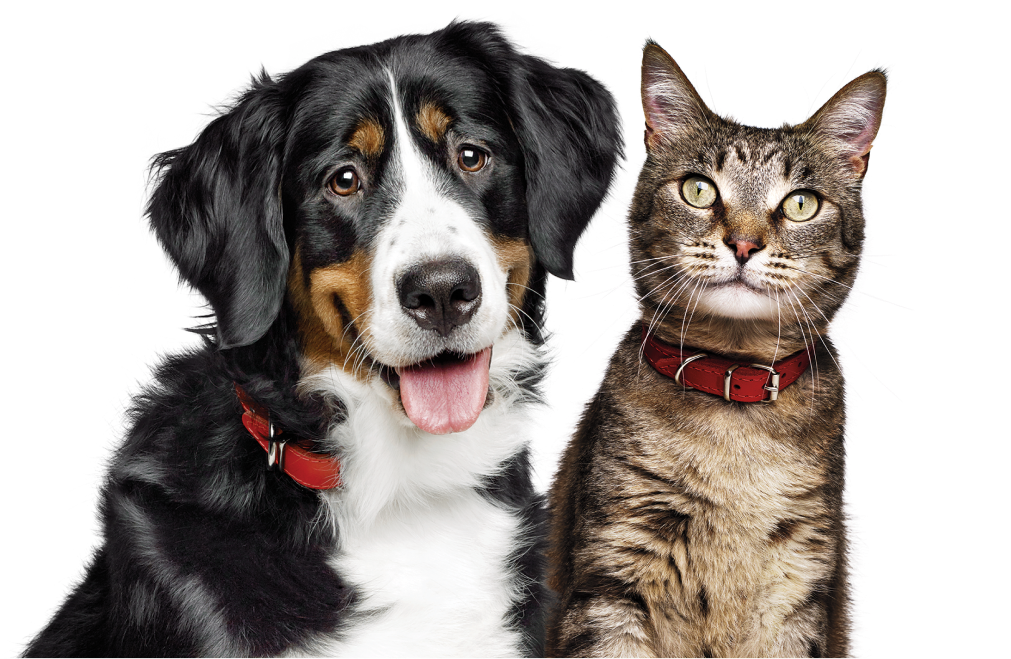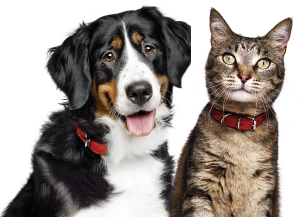Shibas have a mind of their own. They are alert, active, friendly, spirited and have a strong self-reliant streak. In fact, like Basenjis, they’re often considered to have the temperament of cats – being generally aloof and independent – so it’s best not to expect a lot of affection.
They will bond strongly to owners, however, and enjoy regular play time with you. Shibas are also happy to be around family members but are quite reserved around guests or strangers.
Due to their strong hunting instincts and sense of independence, it’s wise to keep a Shiba Inu on the lead when not inside. They usually refuse to come when called and disappear to wherever their nose takes them.
They’re also not very social. Shibas can be possessive with food and toys and don’t particularly get along with other dogs or young children.
Dealing with these personality traits requires an early introduction to rules and consistent training. But apart from that Shibas are excellent indoor dogs that are clean and very easy to house train. They’re even recommended for apartment living – as long as they get their exercise.
Diet Suggestions (>11 kg adult weight):
Puppy: Hill’s Science Diet Puppy Dry Dog Food
Adult: Hill’s Science Diet Adult Dry Dog Food; Hill’s Science Diet Adult Perfect Weight Dry Dog Food
Mature: Hill’s Science Diet Adult 7+ Senior Dry Dog Food
Diet Suggestions (<11 kg adult weight):
Puppy: Hill’s Science Diet Puppy Small Paws Dry Dog Food
Adult: Hill’s Science Diet Adult Small Paws Dry Dog Food; Hill’s Science Diet Adult Perfect Weight Small & Mini Dry Dog Food
Mature: Hill’s Science Diet Adult 7+ Senior Small Paws Dry Dog Food; Hill's Science Diet Adult 11+ Senior Small Paws Senior Dry Dog Food
Shiba Inus are the smallest and oldest native dog breed of Japan and have been around since 300BC. Having an alert and attentive nature, they were ideal hunting dogs that found small game for their owners in the mountainous Chūbu region.
By the end of WWII Shibas were nearly extinct due to bomb raids and the contagious distemper virus, which flourished after the war. The few surviving pure-bred dogs were taken to the city to help rebuild their population. Now they are Japan’s most prolific and adored dog breed again and are gaining notoriety worldwide.
Health Concerns:
Whilst they are not prone to too many ailments, there are some conditions they’re prone to. These cam include:
Allergies (itching red skin, odour and hair loss during warmer months),
Eye diseases (glaucoma, cataracts, retinal atrophy),
Luxating Patella (where a kneecap slips out of place),
Hip Dysplasia (a hip joint condition that results in arthritis).




